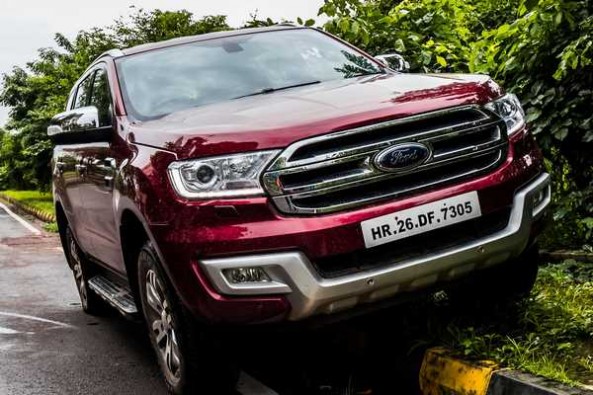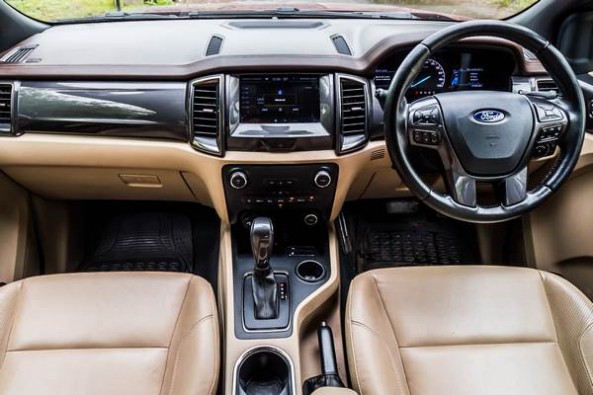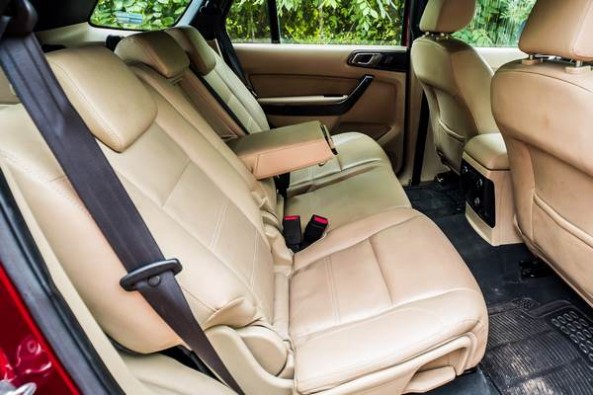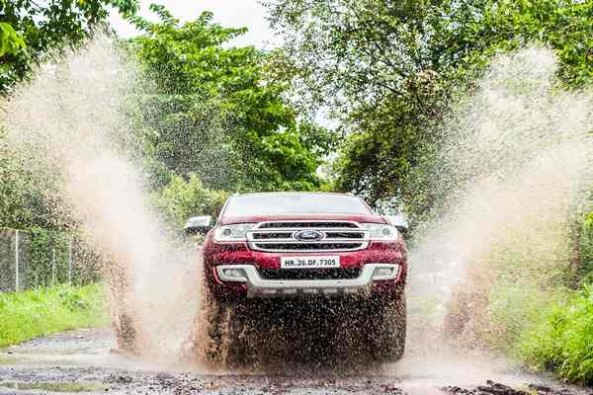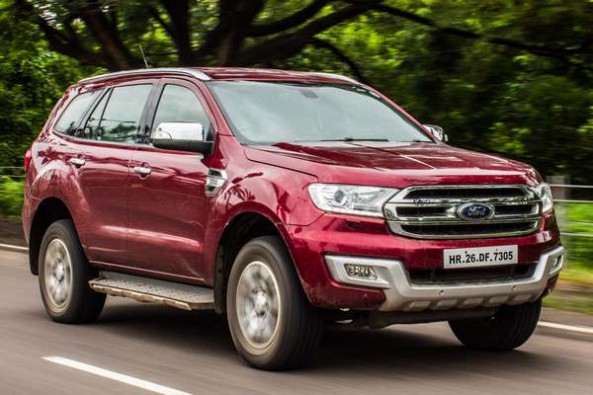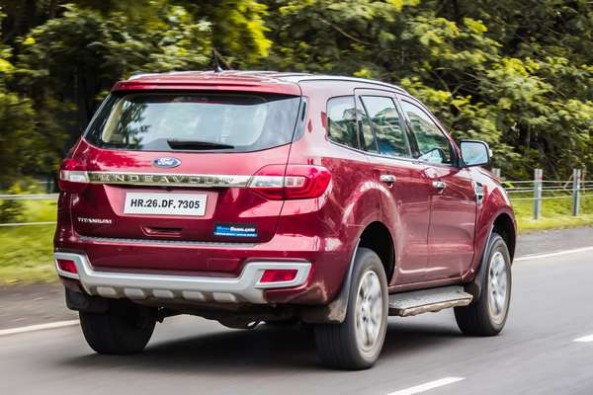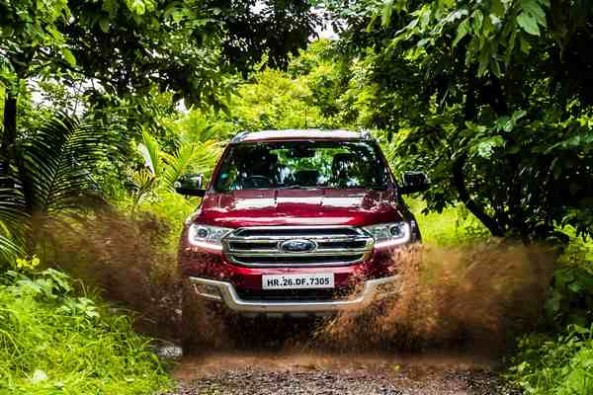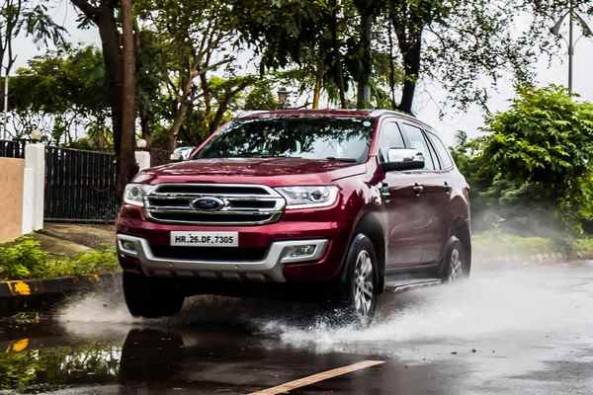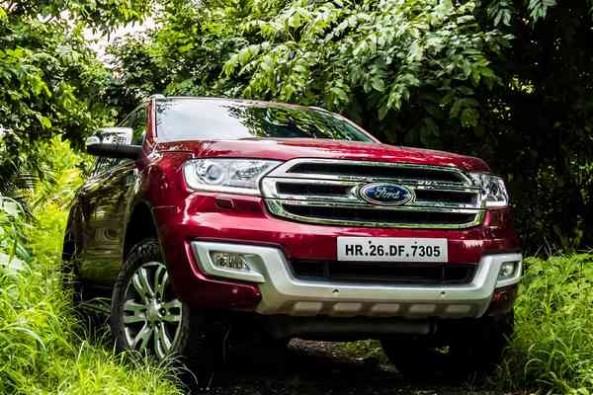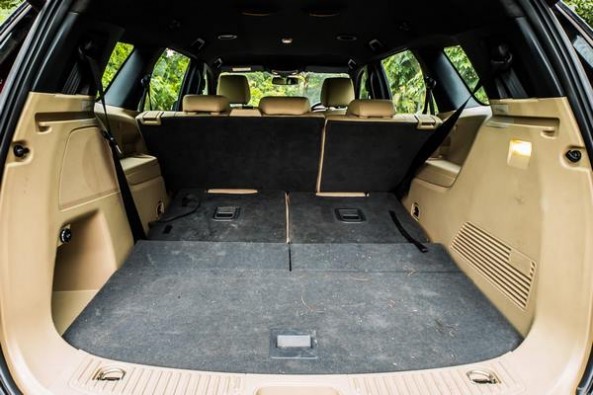Ford had launched the first generation of Endeavour in India back in the year 2003 and since then it has stolen the hearts of Indian SUV lovers. Ford gave this humongous SUV a facelift in 2006 and in 2016, the company launched the current generation of Endeavour. Ford has improved the Endeavour in each and every department. The car is capable of going anywhere without breaking a sweat.
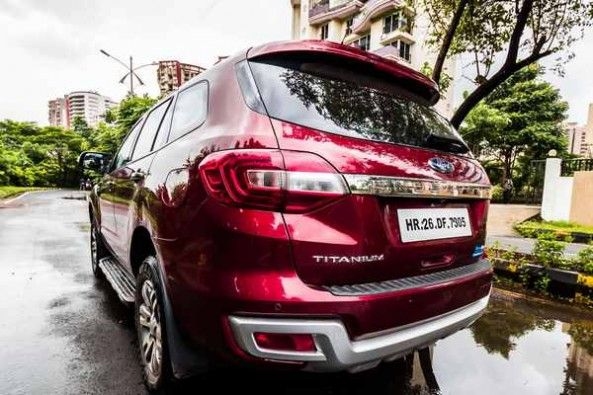
The most striking feature of the car is its size and it is longer than its closest competition. We were quite sceptical to take this big and brawny SUV onto the streets of Bombay, because the city lacks parking space and people mostly prefer small cars for their travel. After spending a few minutes searching for parking, I found a place suitable enough for this vehicle.
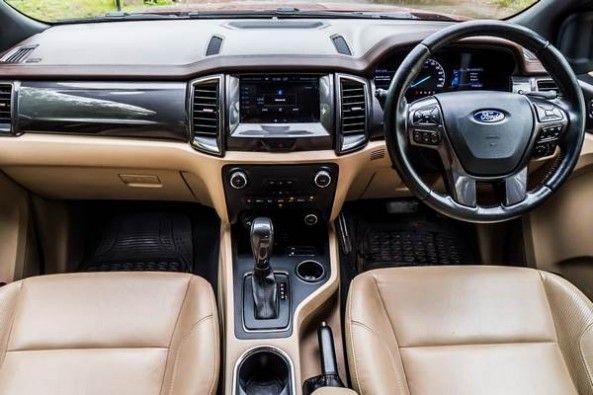
The driver has a very commanding driving position and sits so high in this SUV that he can see the roof of other hatchbacks and sedans. Almost every other vehicle on the road gives you way, so is road presence of the car. The build-quality of the car has impressed us very much as it didn’t rattle even a bit when we went through the roads of Mumbai in the monsoons.
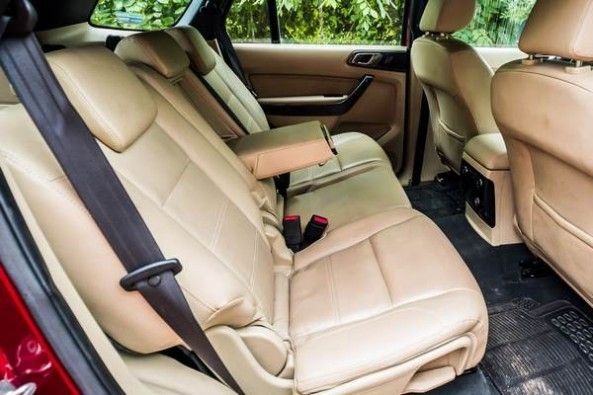
The interiors have a premium feel and the seats are very comfortable. The second row seats have sufficient amount of legroom and headroom while the third row is best suited for children. But if you are planning to mount a child seat, then it can be mounted only in the middle row. The adults will feel a bit cramped while sitting in the last row. The car has a massive boot capacity especially with the third row folded down. NVH levels on this car are stupendous and Active Noise Cancellation Technology ensures a noiseless cabin.
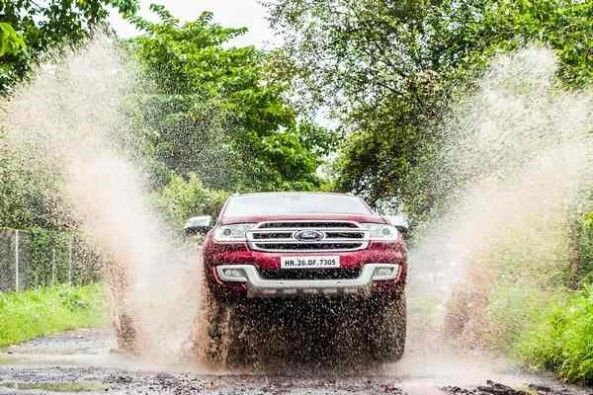
The 2.2-litre Endeavour is enough for urban driving but if you are a frequent off-road driver, then the 3.2-litre variant with full-time 4WD will suit your taste. The high ground clearance along with perfect approach and departure angles allowed our 4x2 vehicle to pass through standing water and over deepest potholes with ease. Rains in Mumbai often bring the city to a standstill, but there was no stopping to the Endeavour, as it waded through the flooded areas easily.
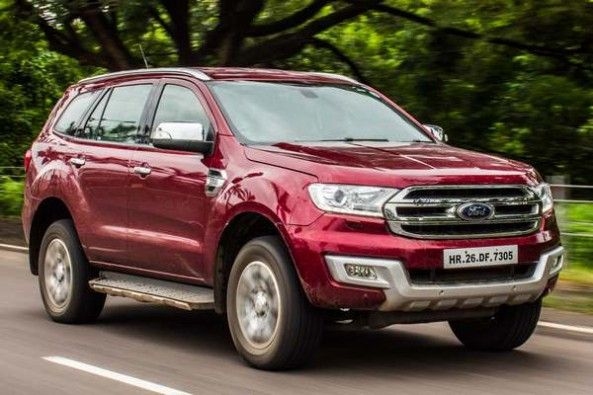
There is a massive improvement in the transmission of the Endeavour. The 6-speed automatic gearbox is shared by both 2.2-litre and 3.2-litre variants. There is plenty of grunt from the 2.2-litre motor but the gearbox felt a bit sluggish, especially while downshifting and sudden acceleration. The vehicle weighs around 2.2 tonnes and 0-100km/hr sprint comes in under 13 seconds. The car returned an average fuel efficiency of 8.5 km/l. The 3.2-litre engine would be returning even less.
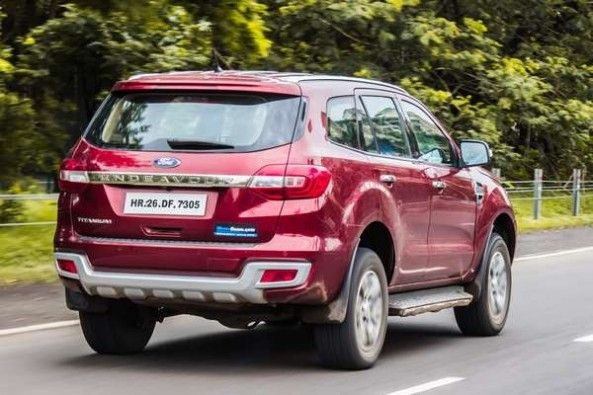
Driving dynamics are quite sorted by ladder-frame standards. It has a good amount of body roll, though the suspension is set up according to our Indian road conditions it gets a tad bouncy on bad patches of road. The Endeavour has better driving dynamics than the Toyota Fortuner. The cost of ownership for the car is very competitive. Moreover, repair costs for dents and damages won’t burn a big hole in your wallet.
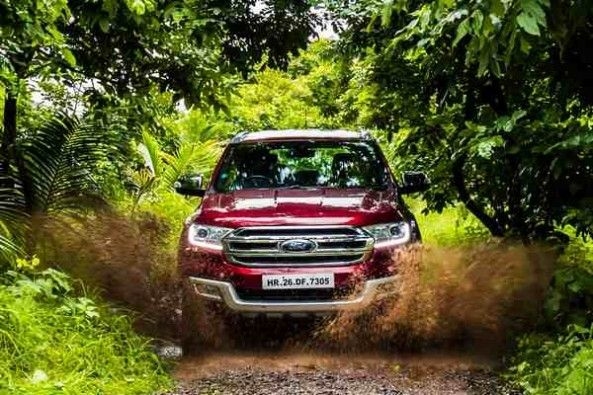
We fell in love with almost everything about this SUV. It’s very practical and offers a great amount of space and comfort to the passengers. The 2.2-litre motor performed well but it is the fuel efficiency of the car that disappointed. However, the Endeavour is a great package and if you are looking for a true blue SUV, then there’s nothing better than the Endeavour available in the market.
